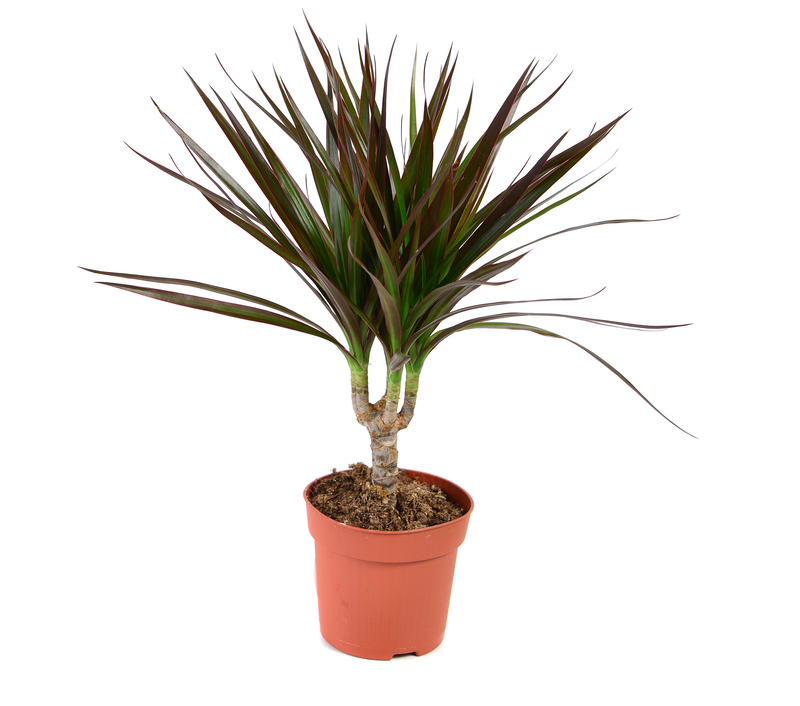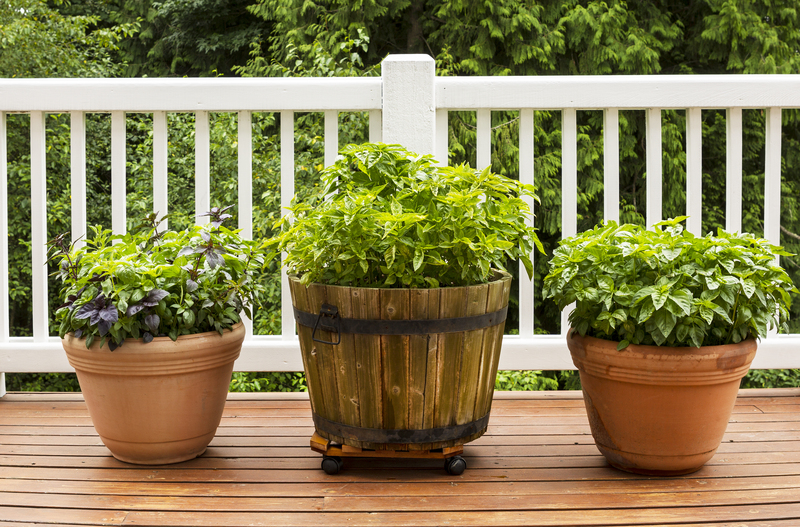Insect Control Strategies for Keeping Pests Out of Your Summer Garden
Posted on 28/03/2024
Insects are a common and pesky issue in summer gardens. While beneficial insects like honeybees and ladybugs provide pollination and insect control, other insects like aphids, beetles, ants, slugs, and whiteflies can do significant damage to plants. With the help of effective pest control strategies, you can reduce or eliminate damaging insects from your garden this summer.
Proactive strategies for keeping pests out of your garden
One proactive strategy for keeping pests out of your summer garden is to build strong defenses with barriers. Barriers can range from physical fences to organic methods like garlic oils and neem oil. Physical barriers such as mesh netting or fencing can be placed around beds or individual plants to stop crawling insects from entering the garden. Additionally, row covers made of light-weight fabrics can help prevent flying pests from coming into contact with crops. For organic barriers, garlic oils and neem oil can be sprayed directly on plant leaves to prevent chewing insects from infesting them.
A second strategy that can be used to protect gardens from pests in the summer is companion planting. Companion planting involves the intentional cultivation of specific plant varieties next to each other in order to discourage pests while promoting fertility in the garden. Various combinations of companion plants have natural properties that repel certain insect species while attracting beneficial ones. Some common examples include marigolds planted near tomatoes to kill tomato worms; basil planted near cabbage to repel cabbage moths; and zinnias planted near eggplants to keep flea beetles away.


Using targeted applications of pesticide sprays
Another way to reduce the number of damaging insects in your summer garden is through targeted applications of pesticide sprays or dustings. Before using any pesticide products, it is important to read product labels carefully and follow all instructions for safe usage. It is also important to understand that while pesticides may temporarily reduce insect populations, they often don't affect the underlying cause of the infestations and should be used only as a last resort when other strategies have failed.
Integrated pest management principles
In addition to these targeted measures for controlling insect populations in gardens, it is important to practice integrated pest management principles that limit the use of chemicals whenever possible - a cornerstone of sustainable gardening practices. By creating a well-balanced environment where predators are allowed access to prey, helpful insect species have an advantage over harmful ones, reducing biological pressure on crop plants and decreasing the need for chemical intervention in your garden. To support this type of balanced environment, make sure you practice crop rotation every season; remove weeds regularly; avoid over fertilizing; and add mulch around plants each year during fall or winter preparation.
By following best practices for monitoring insects throughout the growing season and applying proven pest control strategies early on, you should be able to reduce or eliminate damage caused by unwanted bugs this summer in your garden. Start building solid defenses now with physical or organic barriers; incorporate companion planting concepts; maintain balanced ecosystems with integrated pest management techniques; and if needed - apply targeted pesticide treatments sparingly for optimal results and minimal environmental impact. In doing so you will not only enjoy a plentiful crop but also create safe spaces for beneficial insects in your summer garden!




